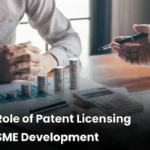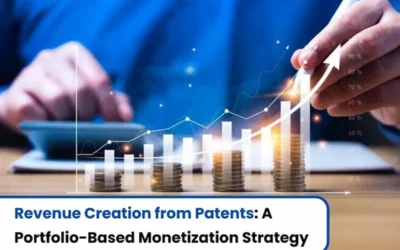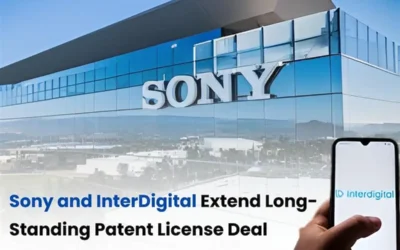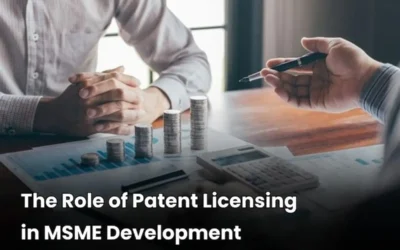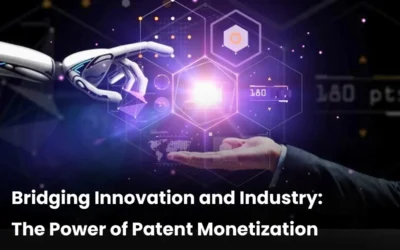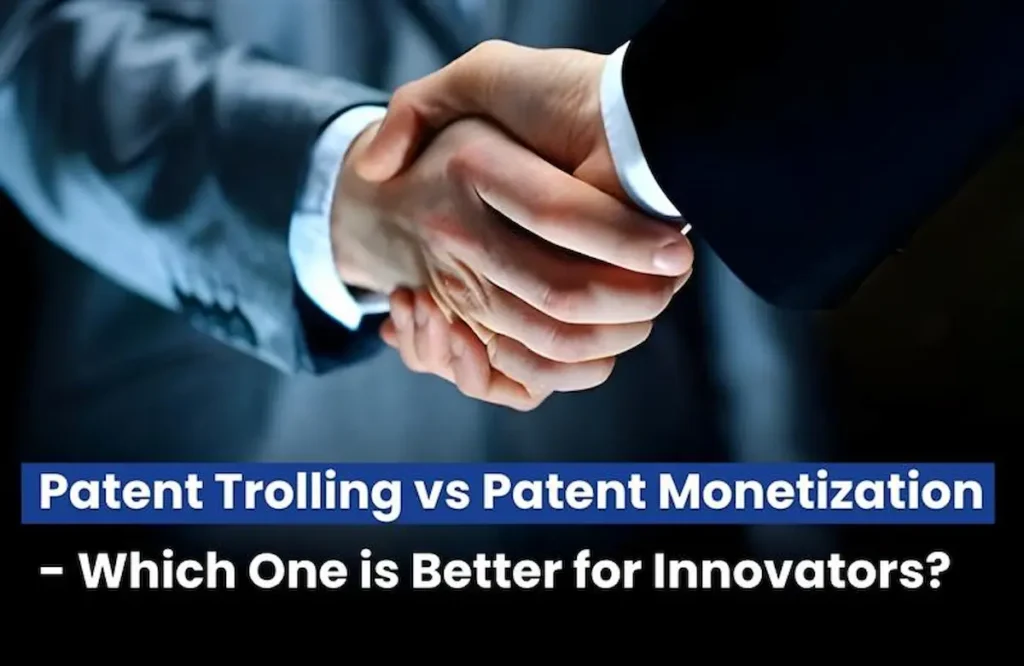
The world of Patent monetization is full of terms that sound similar but actually mean totally different things — and patent monetization vs patent trolling is the perfect example. Both include the word “patent,” so they might seem related to someone new to the field, but they’re completely different concepts. Patent monetization is all about helping inventors earn money from their ideas in a fair and productive way, while patent trolling misuses patents to pressure companies for money without creating anything. Keep reading to understand the real difference between the two and learn more about how each one impacts innovation.
How Are Patent Monetization and Patent Trolling Used in the Industry?
To understand this topic better, we first need a clear picture of what patent monetization and patent trolling actually mean.
Patent Monetization
In the comparison of patent monetization vs patent trolling, patent monetization is the process where a patent holder—or even investors—use their patents to make money. It’s a completely legal and smart strategy that plays a huge role in today’s tech and innovation-driven world. Instead of letting patents sit unused, companies can turn them into revenue through things like:
- Licensing deals,
- Selling patents to other businesses,
- Cross-licensing with competitors,
- Forming revenue-sharing partnerships, or
- Even using patents as collateral to raise funds.
Big tech players like IBM, Samsung, Huawei and Qualcomm patent strategies earn billions every year from monetizing their patents because their inventions power major industries. Over the years, this process has proven to be one of the strongest ways to generate income from innovation. On a practical level, monetization helps inventors recover the massive costs of research and development, motivates them to keep creating, and strengthens a company’s overall market position. Universities also make great use of patent monetization by licensing their research to sectors like biotech, pharma, and engineering—turning academic ideas into real-world impact. And for startups, monetization can be a lifesaver, helping them raise money, attract investors, or simply stay afloat. Overall, patent monetization is an ethical, productive way to turn ideas into value and support continuous technological growth.
Patent Trolling
Now, let’s take a look at what patent trolling actually means. Patent trolling is basically the complete opposite of productive patent monetization. It’s not an illegal practice, but it is widely viewed as unethical. A patent troll—also known as a Non-Practicing Entity (NPE)- works when someone who owns patents but doesn’t use them to build products or innovate. Instead, they use those patents mainly to pressure companies into paying money. These trolls often buy old, broad, or vague patents and then hunt for businesses that might be using similar ideas, sometimes without even realizing it. Instead of inventing anything, they depend on legal threats—sending warning letters or filing lawsuits—to make companies settle, because fighting a case in court is usually far more expensive.
In the industry, patent trolling is seen as harmful because it drains money and energy from real innovators, slows down product development, and creates fear among startups that can’t afford long legal battles.
What Are the Restrictions on Patent Trolling in the IP System?
Even though patent trolling is seen as shady or unethical, there are still rules it has to follow. Patent trolls can only go after someone if they actually own a valid patent, and they need at least some real reason to claim patent infringement—they can’t just sue out of thin air. Courts also make them prove that the company they’re targeting is truly using the patented technology. In fact, many countries have tightened their rules to keep trolling under control by requiring clearer patent claims, stronger evidence of harm, and quicker reviews to cancel vague or overly broad patents. Some places even fine trolls for filing abusive or baseless lawsuits. So while patent trolling isn’t illegal, it still has strict limits, and courts are getting better at shutting down tactics that misuse the patent system.
Conclusion
In the patent monetization vs patent trolling, they both revolve around patents, but they lead to very different outcomes. Monetization supports innovation by helping inventors earn from their ideas, while patent trolling misuses the system and creates unnecessary hurdles for creators. As the IP world continues to evolve, understanding the difference between the two is essential for anyone working with patents or building new technologies.
Read Also: IBM Case Study: How Patents Fuel Innovation, Revenue, and Market Leadership




